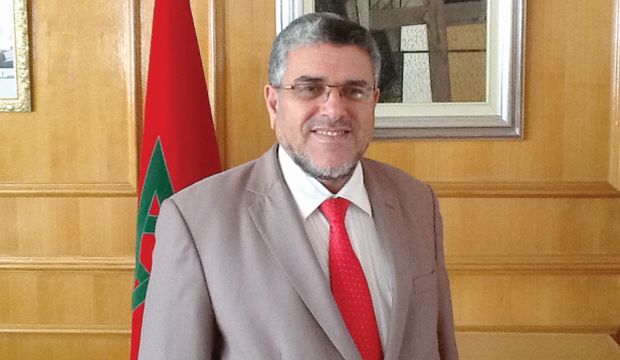* FFS party says hopes to change political status quo
* Party is Algeria’s biggest opposition force
* It has boycotted all nationwide elections since 1997
By Lamine Chikhi
ALGIERS, March 2 (Reuters) – Algeria’s biggest opposition party said on Friday it would take part in a May 10 parliamentary election, ending a 15-year boycott and lending credibility to government promises the vote will be more democratic than in the past.
Energy exporter Algeria, so far largely untouched by the “Arab Spring” revolts that toppled leaders in three of its neighbours, is now under pressure at home and from abroad to loosen the ruling elite’s tight grip on power.
The decision by the Front of Socialist Forces (FFS) to run follows a government agreement to invite Western election monitors for the first time and an undertaking to give the next parliament a big say in re-writing the constitution.
“Our goal is to mobilise Algerians peacefully and politically to change the institutional political status quo,” FFS Secretary General Ali Laskri was quoted as telling state media.
The FFS is a secularist party which has strong support among Algeria’s large Berber ethnic minority.
Its de facto leader, Hocine Ait Ahmed, was one of the leaders of the movement which fought for independence from colonial ruler France, but he went into opposition soon after Algerian won independence in 1962.
If the party had boycotted this year’s election, it would have encouraged many voters to abstain and damaged the vote’s credibility.
“We are happy to come back to the political arena. We hope we will make a difference by building democracy in Algeria,” Rachid Ait Hamadouche, an FFS activist, told Reuters.
Islamist opposition parties, buoyed by the example of Islamists coming to power in neighbouring countries in the wake of the “Arab Spring”, are expected to perform well in the election.
Algeria descended into a violent conflict in the early 1990s when the military-backed government annulled a parliamentary election which a radical Islamist movement was poised to win. The conflict killed an estimated 200,000 people.
Islamist parties contesting this year’s vote say they are moderates who renounce violence, but some in the country’s secularist establishment say they cannot accept an Islamist victory in the election. (Editing by Christian Lowe and Andrew Heavens)


